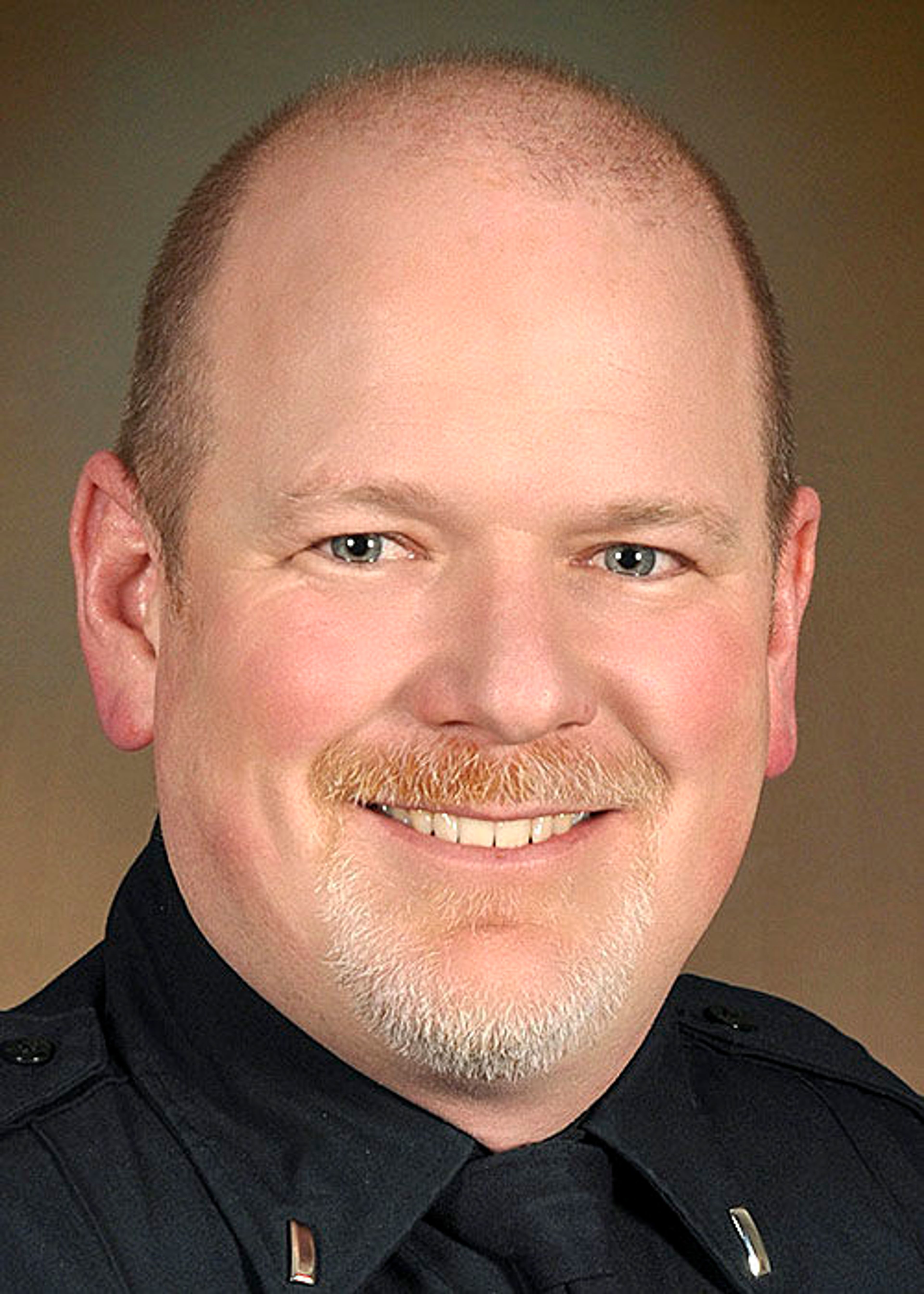Police helping their own
Palouse Peer Support Program aims to improve law enforcement mental health and wellness
Suicide kills more police officers each year than line-of-duty deaths and Palouse area police departments want to do something about it.
The Pullman Police Department this week received a grant for $114,974 to create the Palouse Peer Support Program, a collaborative effort between the PPD and the Moscow and the Washington State University police departments.
The goal of the program is to equip department personnel to combat the effects of traumatic events to which they respond. Because of these events, officers are more likely to be diagnosed with post-traumatic stress disorder, depression, alcohol abuse, weight problems, burnout and divorce according to a news release from Pullman Police Department.
The grant is from the U.S. Department of Justice as part of the 2021 Law Enforcement Mental Health and Wellness Act. Pullman Police Chief Gary Jenkins said the grant is for two years and will help them get the program up and running. This will include specialized mentor training for any staff member who volunteers to take part.
“Throughout time over an officer’s career, they see thousands and thousands of things that change their perspective,” Moscow Police Chief James Fry said. “Anytime you can implement something that gives them peer support and some help to be able to deal with some of those things, I think it’s beneficial.”
Fry said working together is already something the departments do, and forming the support group will be beneficial to all of them, as well as other law enforcement in the area.
“We’re used to working very closely together, and I think it just continues to build our Quad Cities team,” Fry said.
The training will help the officers to manage stress and find new ways to open up about health or wellness issues they face.
Megan Parks, a third-year doctoral student at WSU, worked with the police departments to write the grant and use mental health data collected by the departments for research.
Parks is part of the Public Safety Fellowship, a partnership between the Pullman Police Department and WSU. This partnership embeds a doctoral student from WSU into the police department, allowing the police department to use the student’s expertise and give the student an opportunity to work on research projects.
“It’s helpful because they can leverage (the research student’s) data to help them,” said David Makin, associate professor in WSU’s Department of Criminal Justice and Criminology.
In addition to assisting the PPD in writing the grant proposal, Makin is working with Parks to design the evaluation plan for the support program. The proposal writing process took two months, with meetings between the three departments to ascertain their needs and how this program could help in a region like the Palouse.
“These support groups are skewed more towards larger areas,” Parks said.
The Palouse Peer Support Program will include all employees at each department, regardless of whether they are officers or not. By combining the three agencies, organizers hope they can build a sustainable support program. Makin said smaller agencies usually start strong but dissipate over time because they can’t sustain it on their own.
Now that they’ve received the grant, the next step will be to have meetings between participating departments to discuss training dates and other details. Jenkins said he wants to get staff trained and have the program up and running by the new year.
Nelson is the news clerk at the Daily News. She can be reached at knelson@dnews.com.




